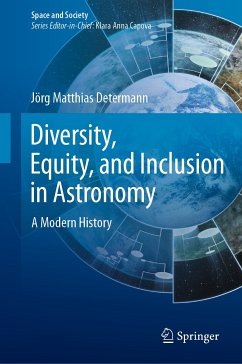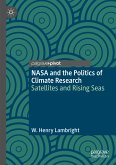Since the first half of the twentieth century, an increasing number of them have pursued parallel careers as both academics and activists. Besides publishing peer-reviewed papers, they have promoted a great variety of underrepresented groups within their discipline. Through conferences, newsletters and social media, they have sought to advance the interests of women, members of racial and ethnic minorities, LGBTQ+, and disabled people. While these activists have differed in the identities they focus on, they have come to share a conviction that diversity and inclusion are crucial for scientific excellence as well as social justice.
In this book, you will read of the biographies and institutional contexts of key agents in the diversification of modern astronomy. As most are recent figures whose discoveries have not been commemorated by Nobel Prizes, they are relatively unknown among historians of science. They have, however, been central to discussions about who has privileged access to the tools of astronomical inquiry, including powerful telescopes and extensive databases. As such, they have also significantly shaped views of our universe.
Dieser Download kann aus rechtlichen Gründen nur mit Rechnungsadresse in A, B, BG, CY, CZ, D, DK, EW, E, FIN, F, GR, HR, H, IRL, I, LT, L, LR, M, NL, PL, P, R, S, SLO, SK ausgeliefert werden.









